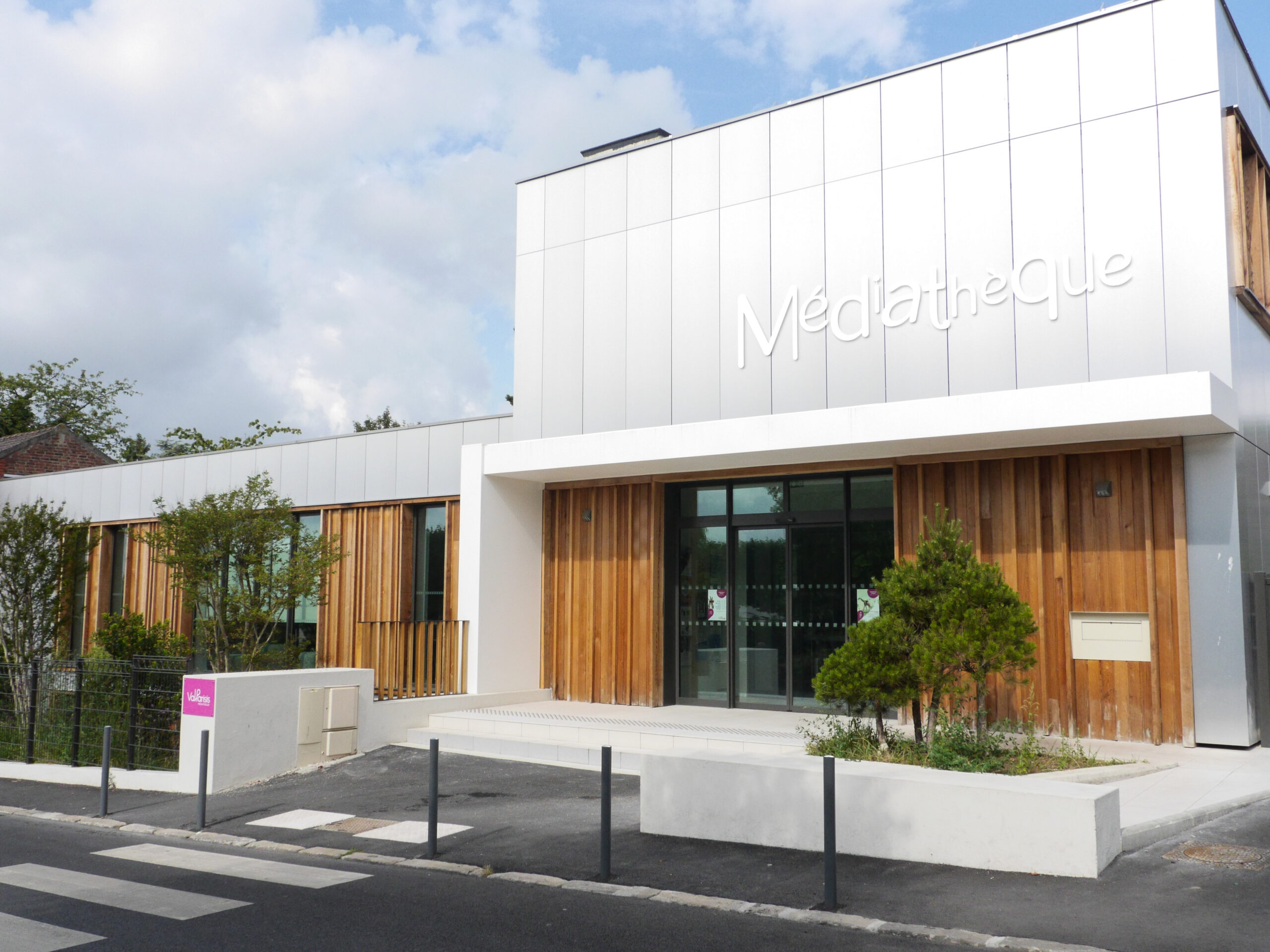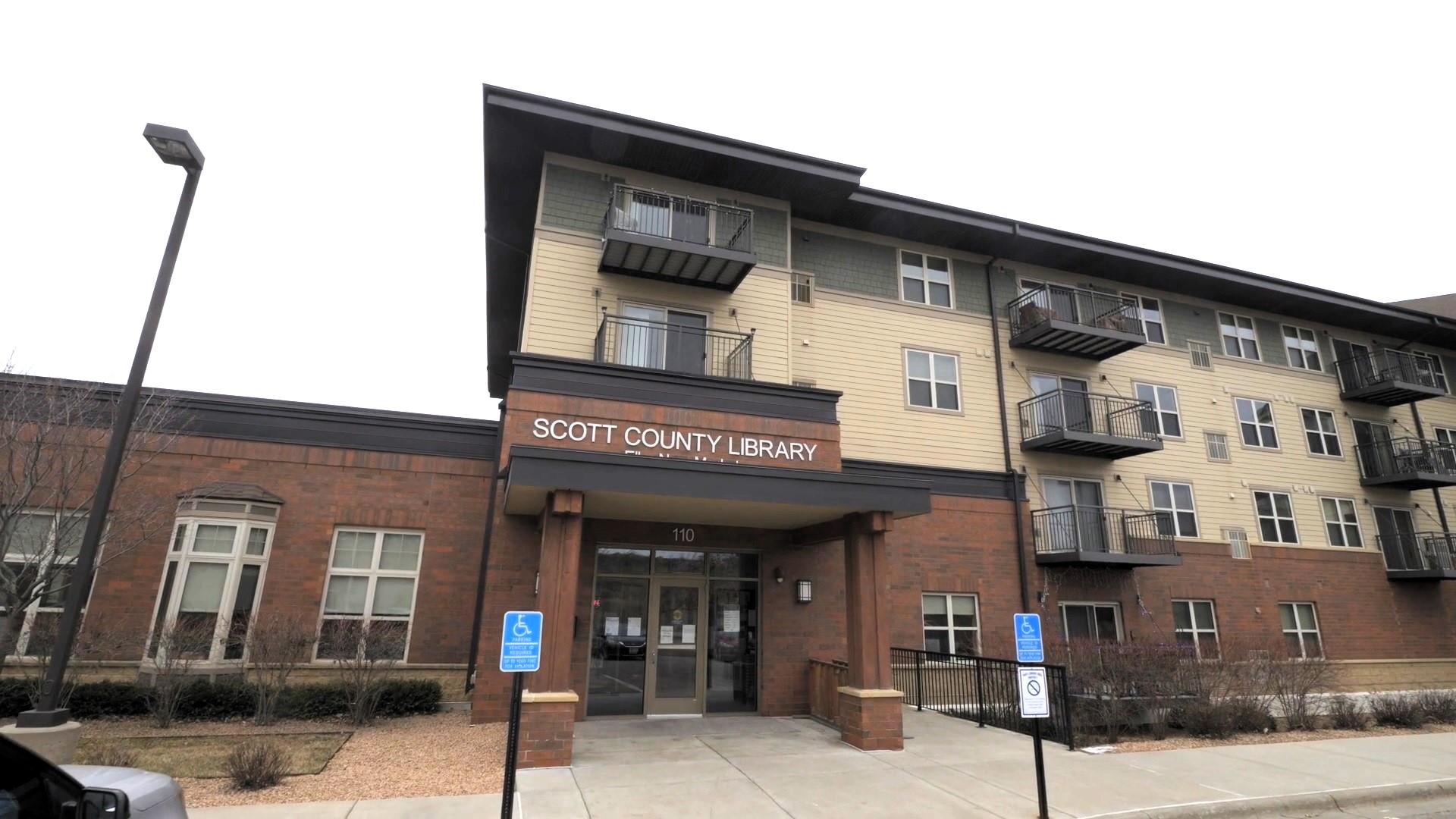Saving libraries and extending hours with open+ access. Read more.

Challenge
Solution
Result
Peterborough City Council implements open+ access throughout its library network
Published: April 2020
Peterborough is one of the fastest growing cities in the UK. The City Council’s library network, which is run by the independent trust Vivacity, currently comprises 10 libraries and a mobile service across the city centre and rural areas. This story is about how Peterborough City Council overcame the challenge of budget cuts and avoided library closures with the implementation of open+ access.
Peterborough’s Challenge
Peterborough’s residents truly value their local libraries: aside from borrowing items, they also use them as a community meeting place, an environment for learning and education, for computer and internet access, and to participate in group activities such as Knit and Natter, Rhymetime and Storytime. With such a growth of usage, the Council felt it was important to evolve the library service for the future.
Following significant expenditure cuts, a review of the library service began in 2014, which led to a public consultation to understand how residents use, or would like to use, libraries. We spoke to Lisa Roberts, Strategic Client Manager: Culture and Leisure, about the inevitable need for library transformation.
“The way our patrons use the library is changing: 90% of book loans are now completed through self-service kiosks, and staff now focus their time supporting people with more specific enquiries,” explained Lisa. “The public consultation revealed that the most valued aspects of libraries are the ability to borrow books, access to information and location. In addition, when asked ‘What would make you use your library more?’ 75% of respondents stated that access outside of normal opening hours was important.”
The Council was passionate about finding a library model for the future whereby it would not have to compromise on service access and choice. Lisa recalls, “We spoke to Bibliotheca about open+ access and thought ‘This is something new and we’d like to explore it as different way forward.’” After considering the more extreme alternatives, which all would have resulted in leaving local library users at a disadvantage, they were discounted in favour of open+ access. This option allowed all branches to remain open through a combination of staffed and extended self-service hours, including new Saturday opening hours, whilst still operating within budget constraints.
Bibliotheca’s Solution
With open+ access, libraries can decide the days and hours they open for their communities to supplement access outside of the times when staff and volunteers are present. “The system is really easy, it’s an extension of our current RFID system. With so many of our patrons already accustomed to using self-service, accessing the library by simply scanning their library card and entering their usual pin number at the external access control panel was easy enough for them to adapt to straight away,” stated Lisa. “Users can come in, use the building, do what they need to do and then leave, or if they need staff assistance they can visit during staffed hours.”
In addition to managing opening hours and accessibility, open+ access can be configured to control other elements of the library such as lights, public announcements, PCs, self-service kiosks and a full CCTV surveillance system for a safe environment.
We asked Lisa about the Council’s decision process and its concerns prior to implementing the solution: “We saw open+ access in action in Leeds, and we were pleased to see how easy it was to use. We were reassured that the staff and patrons had not encountered any issues, and that the library had not suffered any damage at all.”
Naturally, such an innovative way of managing libraries did not come without reservations. Stakeholders’ main concern was the issue of safety and the ‘what if?’ worst case scenarios that inevitably come to mind when contemplating public access in an unsupervised building. However, the reassurance of comprehensive risk assessments; consulting with the Safety Advisory Board; and the peace of mind that comes from the solution being a proven success in other libraries across the country and overseas helped to alleviate some of those concerns. The Council’s Health and Safety Team approved open+ access, but a decision was made to not allow access to children under 16 unless accompanied by an adult during unstaffed hours.
“Customers have found it really easy. They are grateful that we have managed to keep our libraries open and for longer, and people are using them!”
Lisa Roberts, Strategic Client Manager: Culture and Leisure at Peterborough City Council
The Council decided to pilot the solution in its busiest branch, Central Library, and in one of the smaller branches, Dogsthorpe. All of the City’s Councillors and library users were encouraged to try it out, invited to opt in for open+ access, and were given an induction that covered information about the emergency procedures when using the facilities independently.
Results
Lisa was delighted to summarise the solution as, “giving library users everything they asked for,” and explained, “open+ access has been really well received by our cabinet members, with cross-party support. The solution has allowed us to make the required saving, keep all of our libraries open, future-proof our service for the next 5-10 years, and extend opening hours by almost 50% across all sites.”
“With so many of our patrons already accustomed to using self-service, accessing the library by simply scanning their library card and entering their usual pin number at the external access control panel was easy enough for them to adapt to straight away.”
Since the initial implementation, over 1,000 members have opted in, with a peak usage of 250 open+ access users at Central Library in one day. Lisa was pleased to report no major issues: “The only slight problem we have encountered is accidental tailgating. Central Library is very popular and there are often queues of people waiting to get in. With open+ access members having earlier access, patrons who had not yet opted in assumed that the library was open and wanted to follow them in. We noticed this during the early stages of the pilot, and used it as an opportunity to encourage more members to sign up.”
To date, open+ access is operational in four of the city’s library sites, with the remaining installations due to be completed this summer. Lisa was thrilled to report positive feedback: “Customers have found it really easy! They are grateful that we have managed to keep our libraries open and for longer, and people are using them. The library is more alive now than it ever was before, with groups independently using the space. They are not restricted, and they appreciate the choice that the new system offers.” The library service now looks forward to widening community use to create multi-user sites.
You may also like
Insights + Trends

Park Ridge Public Library: Improving the Patron Experience with RFID Technology
RFID technology has positively impacted Park Ridge Public Library—from streamlining checkout processes to adding new programs.

Val Parisis Media Library: A Metamorphosis with open+
Explore how Bibliotheca’s open+ technology is transforming library services in the Val Parisis area in France by extending operational hours and enhancing accessibility without additional staff.

Scott County Library: Transforming access with open+
Boosting Access: Scott County Libraries Extend Hours and Services for Community

